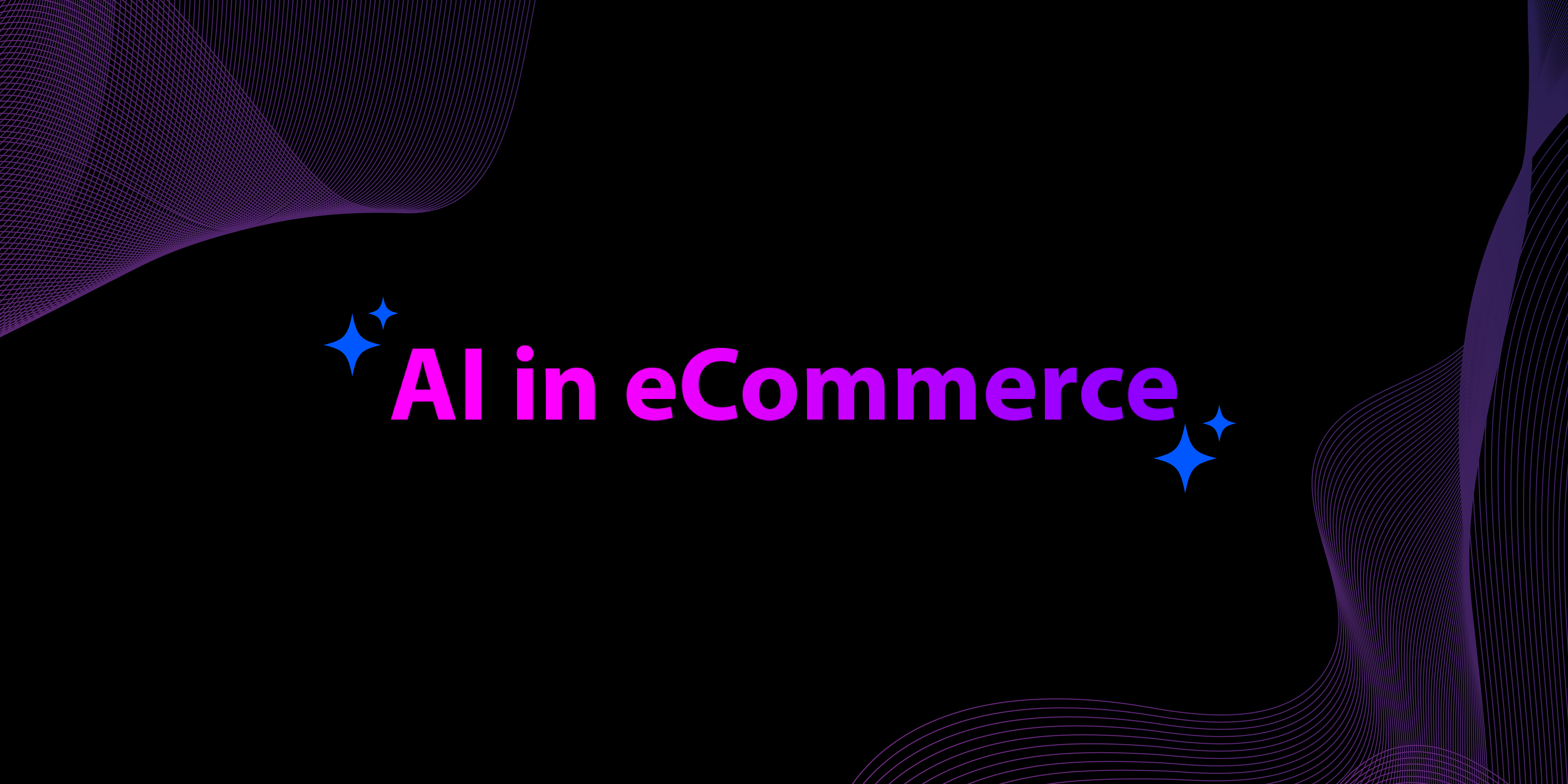

Last updated on
February 29, 2024
As a sports fan, I went to an online apparel store in search of a new pair of training shoes. Despite the poor quality photos and lack of customer feedback, I still gave the online store a chance. On the fourth page of checkout, I left this website and never came back.
The store just didn’t cut it. Do you know why? Because it didn’t have the right features that met my needs as a customer.
So, what features do you need to successfully run an online apparel shop? You're about to find out.
Image galleries serve as an online catalog of products and are absolutely essential for any apparel store.
But pictures are never as good as an in-store experience. This is why your photos need to be top-notch! So, do this properly.
Also, display product information along with the pictures to speed up decision making for customers and offer them a convenient way to learn more about the product.
Here’s a great example from Nike for your reference.

Customers don’t trust images very easily and they don’t have a way of knowing how the material feels. A zooming feature can help soothe this problem by bringing customers closer to the product so they can make a better estimate of the material type.
Most shoppers have a low degree of trust in new brands and online stores. Reviews from other customers improve customer satisfaction and increase trust. In fact, reviews are one of the most powerful types of social proof that helps eCommerce companies drive revenue. Look at Amazon!
Modern consumers like sharing products they buy on social networks with their friends. This way, you will increase cross-channel promotion and, as a result, generate more orders.

Most consumers will not be able to make a purchase on their first visit to your online store. They're also very easily distracted and might just exit your site putting off the purchase for the time. Others might just be in a hurry.
Wish lists make it easy to save products for a later time. Allow your leads to save their products and buy them whenever they revisit your website. This is a great way to offer convenience and nurture your leads.
To make a profit from the very beginning, you should strengthen it with the following marketing features:
Self-hosted platforms are open-source applications that operate via web hosting. These are decentralized eCommerce platform, which means you are are free to select your hosting service provider. This makes for great mobility when your customer base grows large. If you ever use Wordpress, setting up a self-hosted platform is closely similar to setting up a WordPress blog.
Using open-source frameworks, you can customize your website as you want and add as many features as you need for your company. These features are an excellent opportunity to stand out from the crowd and provide consumers with a special shopping experience.

If you are looking for a highly flexible and scalable solution capable of managing large traffic, Magento is a great option. The platform has several editions to be suitable for different types of businesses.
Magento was built for developers. So, to run an online store on this platform, you need to have basic coding skills or recruit a technical team.

This free WordPress plugin is widely used by brands. However, in order to make a good WooCommerce apparel shop, you will need to purchase additional plugins. For a functional store, I’d suggest using the following extensions:
Hosted platforms don't offer a lot of customization options as compared to their open-source counterparts. However, SaaS-based platforms have a friendlier admin panel, and all the functionality you need to launch your first ecommerce apparel website is included in their packages.

The online stores of ecommerce giants such as Tesla and Kylie Cosmetics are powered by Shopify. Shopify comes with a variety of packages. So, despite the size of your offline company, it's a great platform to digitize your sports apparel brand.

I recommend BigCommerce to beginners in ecommerce who need a simple and powerful platform. BigCommerce has an easy-to-use admin panel, various pricing options, and visually aesthetic designs for online stores.
If you want to give shoppers a world-class shopping experience, you’ll need a custom platform. You will have complete control over the list of features and the storefront. The cost of customization varies depending on the size of the online store, the features needed, and the design.
To describe better what a custom platform looks like, let’s look at the ASOS website. Although this is not a pure sports apparel store, it has lots of amazing features that you should consider. Let’s review what features this custom online store has.
Multi-language

Since ASOS is an international brand, shoppers can select the language and currency of their countries for a more convenient shopping experience.
Home Page

The home page displays clear product categories to hook customers into starting their journey and finding the product they are looking for.
Product Category

In this section, website visitors can use filters to narrow their search by size, color, brand, etc. and even use the price filters to get the exact price tag they want.
Product Page

The product page needs to provide many features to help the prospect to make the most informed purchase decision.
Log in

Shoppers can sign up with their social accounts, which makes the customer buying experience even more convenient.
Checkout

The ASOS online store provides a one-page checkout that is a must for modern consumers’ expectations. Customers can review their order and fill out the delivery address and payment details on a single page. This convenience will reduce cart abandonment rates.
Unfortunately, it’s very hard to give a single conclusion about the best online retail platform for you, as that depends on your needs, your company size, strategy, catalog size, etc.
You can use Magento or WooCommerce if you want to create an online apparel store with maximum ability to customize. These platforms have a powerful and flexible structure designed to meet the needs of businesses. Magento is recommended for established brands with huge catalogs and high traffic loads. This powerful platform helps you to customize your online sports store in the way your brand requires.
On the other hand, if you just get started and don’t have a lot of technical expertise, it will be very hard and expensive to work with Magento or WordPress, so it’s a better option to sign up for either Shopify or BigCommerce. These user-friendly web solutions will give you an easier time setting things up, so that you can spend more effort on developing your brand and business.
The bottom line is the platform you should choose to house your online sports apparel store should depend on your specific needs and experience. With that said, the following section will provide you with some best-performing custom sports apparel stores that you can learn from.

Champ Sports sells a wide range of soccer, basketball, athletics, golf and tennis items. When you buy products worth $75 or more, Champ Sports will give you free shipping. If you're shopping on your birthday, they'll give you birthday discounts, and if you're a military officer, you'll get military discounts on the items you're purchasing.
They stock products ranging from shoes, accessories, and supplies from brands such as Adidas, Puma, Fila, and Nike, among others. They have live chat so that customers can clear up any problems and the opportunity to sign up and become a VIP customer where members get $10 off on all future orders and updates about exclusive offers.

Unlike other online stores that allow you to search by category, you can search for keywords in Modell's Sporting Goods. They stock everything sporty from shoes, sandals, trousers, game caps, shirts, and accessories. They're even running a fan shop where customers can browse for things from their favorite sports club. The top brands include Adidas, Nike, Asics, Easton, Capelli Sport, Wilson, Skechers, Unipro and Timberland.

Eastbay stocks products for different sports, from athletics, soccer, to skating. They are famous for well-known brands and run a dedicated page on their web platform for new launches. The brands you'll find in their shops include Adidas, Levi's, Asics, Converse, Nike, Reebok, Puma, Timberland, The North Face, Fila, and Mizuno. If customers look for the new sports item on the market, they will find it on Eastbay in no time.
They also have discounts that can go as high as 25% of the price of the products. They have a mobile app that helps customers to navigate the online store. Importantly, the application will ensure that customers can remain up-to-date with their latest news.
I hope this article has given you valuable information about the best platforms to build your sports apparel store. The decision eventually depends on your needs and resources, so you should analyze them carefully before making a final choice. Please feel free to leave comments below for a further discussion on this topic.
Bio: Phuong Nguyen is a marketing enthusiast with over three years of experience in the world of eCommerce. He is currently working for Avada Commerce - a dedicated eCommerce solution provider. Phuong shares his knowledge and expertise on a frequent basis with his well-researched articles to bring useful information about eCommerce to entrepreneurs and marketers.
Sania Khan is a content creator who has been writing for the past seven years. A content marketer by day and a poet by night, she previously worked for a large multinational and left it to pursue her passion for writing. She enjoys a good read with wit and tea to get her day started.
Tags:

Hamna Abid
July 11, 2023

Hamna Abid
June 23, 2023

Ammar Mazhar
May 30, 2023